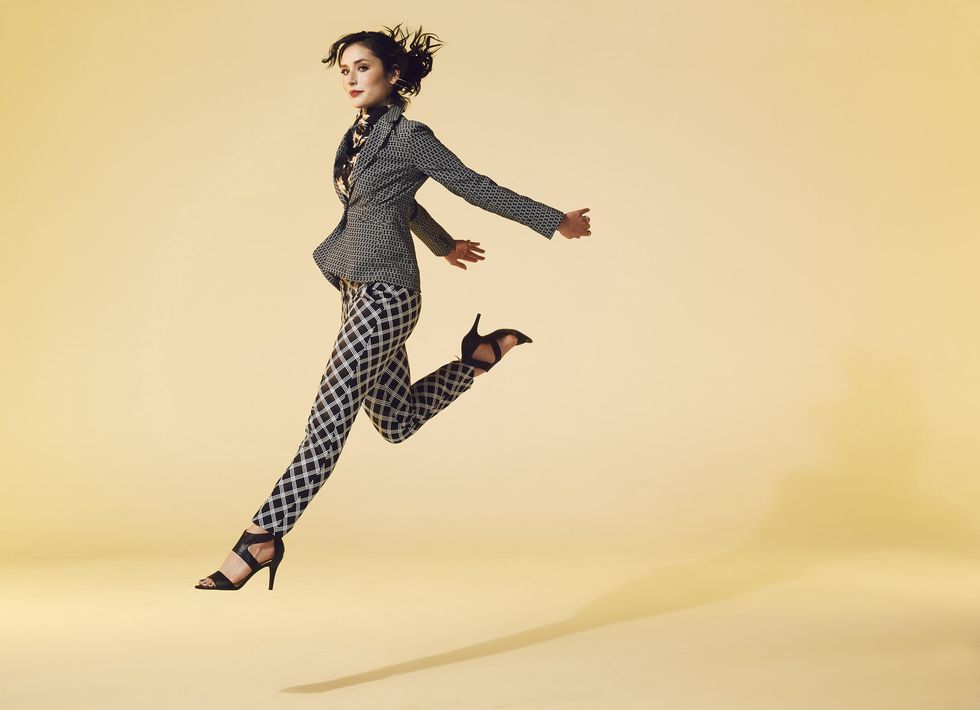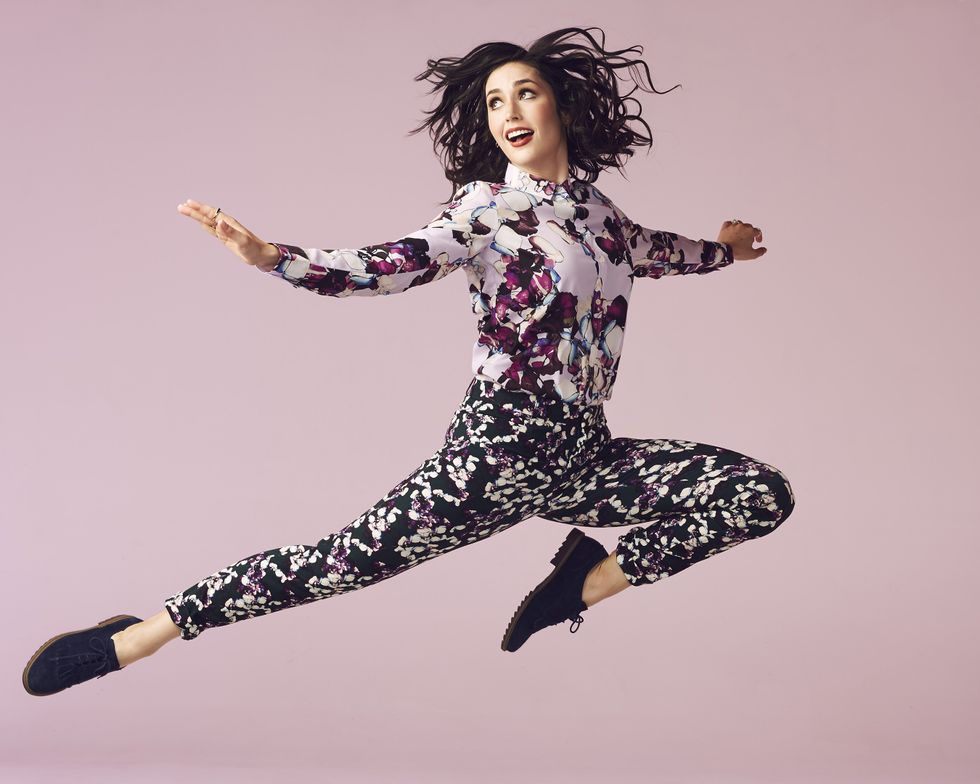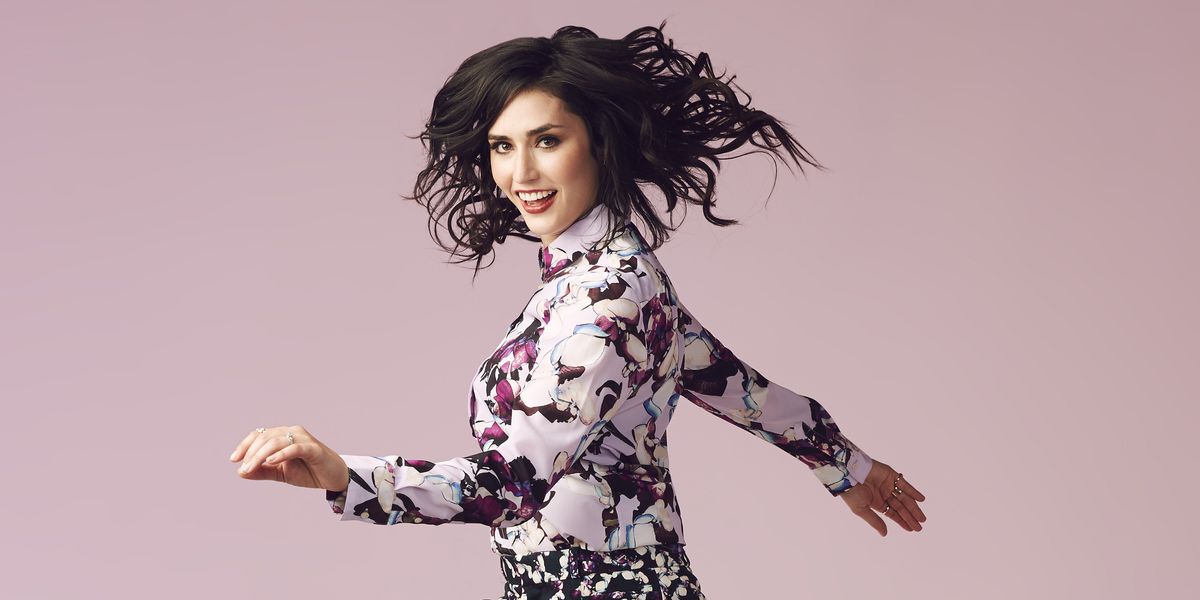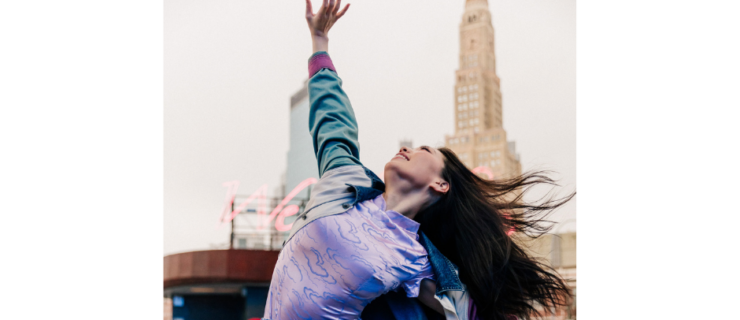"The Spirit I Found Within Tap Dancing Allowed Me to Speak Up For Myself"
When I’m asked why tap dance matters, why it’s a worthy skill to learn, I usually come back to the same answer: freedom.
As a young girl, I found the freedom to be loud. To be brash. To be different than my family. Tap dancing allows me to express my artistic side, my creative side, my funny side, my rebellious side.
In school, in public, in church, I wasn’t always taught to say how I felt. The spirit I found within tap dancing allowed me to speak up for myself, gave me a voice that I didn’t always exercise.
As tap dancers, we learn quickly that, just like jazz music, tap dance has that undeniable spirit, the spirit of freedom of speech. And as a woman, being angry or having different ideas isn’t always encouraged in us. But it’s our job as artists to fight through that, or at least it has been mine.

PC Jeremy Jackson, courtesy of Melinda Sullivan
My drive continues to come from that fight. I improvise with my feet because I believe I have something exciting to say. In that very moment, it is my chance to share.
I learned a lot about sharing in high school, when I would attend tap jams at the Debbie Allen Dance Academy on Monday nights, led by Jason Samuels Smith. I would listen in awe to countless tap dancers from around the country who would pass through. It was truly incredible. There weren’t any musicians accompanying us. Just our feet, and what we had to say.
Slowly, I began to learn the references for some of the steps. I watched and listened to the dancers, and eventually myself, quoting Jimmy Slyde, Gregory Hines, Chuck Green, Bunny Briggs and more. Learning about the masters, about their lives, about their struggles, about the serious racism they experienced—it changed my life.

PC Jeremy Jackson, courtesy of Melinda Sullivan
It taught me to have respect for this American art form, and give it value. When these forefathers (and mothers) of tap dance had no voice, they had their craft. I have not nearly experienced the oppression that generations of tap dancers before me did.
But what I continue to be inspired by is the freedom they found within the dance. The freedom to be the most creative. Reach the farthest. Take chances. The freedom to fall. Fail. Try again on the other side. Establish groove and take the listeners on a journey.
The freedom to try not to repeat oneself. Then try to repeat oneself. Play with the listener. Have a conversation. The freedom to have an argument. And the freedom to not apologize for it.




